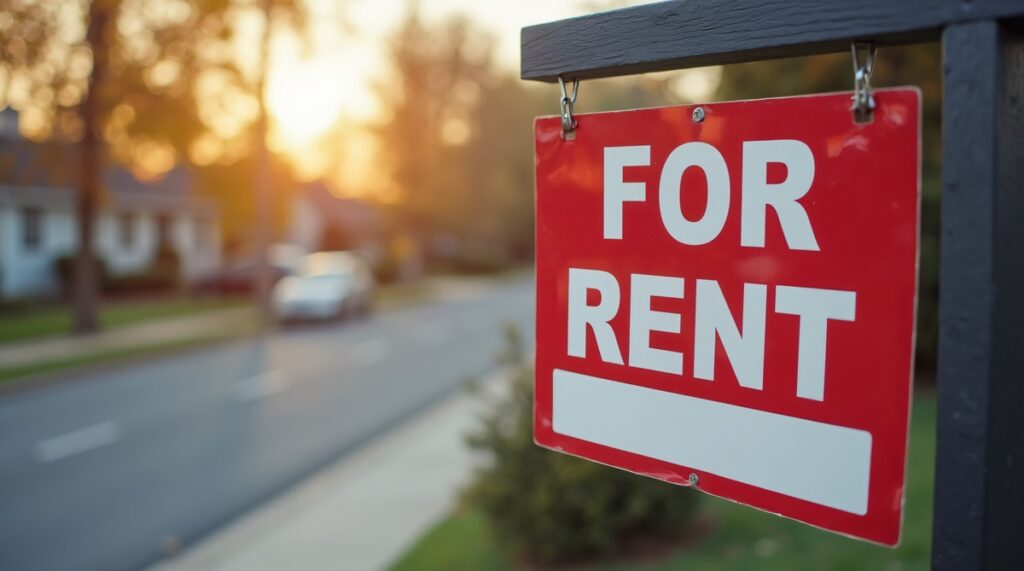This article originally appeared in the January 2025 edition of MortgagePoint magazine, online now.
Whether starting a job in a new city or accommodating a growing family, leaving one home for another can be an exciting and at times stressful process. For renters, receiving a timely, accurate security deposit refund is key to a smooth journey. Currently, the property management industry’s reliance on legacy payout processes can lead to refund errors and delays that inconvenience tenants when moving into their new homes.
As Chief Client Officer of Onbe, a payouts gateway that helps companies streamline their disbursement processes, I’m excited about the opportunity for property managers to transform the tenant refund experience while reducing costs and saving time for their team. By switching to a digital-first approach that offers recipients their choice of fast, secure payout options, property management companies can make the refund process smoother for everyone involved—and create a positive impression that leaves the door open to future rentals and referrals.
Evolving Tenant Preferences
Today, most renters are digital-first. They’re comfortable looking for their next home online, with 74% using mobile devices to research rental properties. They also use digital payment methods for everything from paying bills to purchasing groceries, and they expect the same payment experience when owed a refund. In Onbe’s Winter 2023 Property Management Payouts Survey, 82% of tenants said receiving their security deposit refund digitally would be an improvement over their most recent refund experience. Options such as payment apps are especially beneficial for tenants planning to split their refund with a roommate. Of the 63% of respondents who stated that splitting their refund was inconvenient in the past, three-quarters said using an app such as PayPal or Venmo would improve their experience.
Sending digital payouts to tenants by email reduces delivery issues experienced by the landlord that result from having an incorrect forwarding address. After all, lease gaps are a common occurrence, with renters not always moving immediately to their next long-term residence. In many cases, they may not receive their security deposit check right away, or at all. In Onbe’s survey, over a third of respondents reported experiencing a delayed, lost, or incorrect security deposit refund. These errors led to inconvenience for renters, including having to spend time getting the mistake resolved—and 79% said they would avoid renting from the erring landlord again.
By taking a digital-first approach, property management companies can both reduce the chance of errors and simplify the process of correcting mistakes that do happen—eliminating the need to cancel and reissue lost checks. This approach also allows tenants the ability to access their funds as soon as the landlord approves the security deposit refund, which helps them start the next chapter of their lives. Beyond an improved experience, that could mean positive reviews and referrals, with 78% of tenants in the survey agreeing that making and receiving payments digitally would improve their opinion of their property management company.
The True Cost of Security Deposit Refunds
Along with satisfying tenants’ growing preference for digital and electronic payout methods, property management companies can reduce their administration costs by replacing legacy processes with a digital-first payout solution. Refund checks cost as much as $12 each when paper, postage, and labor are included. While that may seem like a drop in the bucket, considering that overall tenant turnover costs averaged over $3,800 in 2023, checks get more expensive when tenants don’t cash them or never receive them in the first place, requiring property management companies to reissue the payment or escheat unclaimed funds to the state.
Sending refund payments digitally can reduce or even eliminate these expenses while saving time and labor. Digital and electronic payouts are also more secure, with today’s solutions typically featuring built-in fraud monitoring and prevention capabilities. In contrast, checks are especially vulnerable to fraud—according to the 2023 AFP Payments Fraud and Control Survey, 63% of respondents reported that their organizations had experienced fraud activity involving checks. By reducing the reliance on legacy payment methods, property managers can protect themselves and their tenants from risk and financial loss. Given the national average tenant turnover rate of 44% in 2023, the savings from switching to digital refunds will add up fast.
Opening the Door to New Possibilities
Beyond transitioning to digital-first security deposit refunds, property management companies can explore solutions for their other payment needs, including move-in and refer-a-friend incentives, HUD reimbursements, and even payments to contractors. Today’s offerings integrate seamlessly and enable property managers to modernize their payment capabilities relatively quickly and easily. Typically, companies can customize the recipient experience with their branding and messaging, plus offer a selection of popular payment options that appeal to their recipients—an upgrade from the default check and a chance to reinforce loyalty at key touchpoints.
As digital transformation continues to reshape the real estate industry, leading to more automation, efficiency, and better customer experiences, digitizing routine payout processes is fast becoming the new standard. By embracing the fast and convenient payment options on the market today, property management companies can both advance their business and deliver on their tenants’ evolving preferences. Now that’s a move worth making.






